When it comes to testing your PCM, you can use a variety of methods. One of the most popular is using a multimeter. This article will explain how to test your PCM using a multimeter. First, we'll cover some basic information about what a PCM is and what it does. Then, we'll walk you through the steps of testing your PCM with a multimeter. Finally, we'll provide some troubleshooting tips in case you experience problems while testing your PCM. Let's get started!
What is a PCM on a car?
A PCM (Powertrain Control Module) is an onboard computer in a vehicle's powertrain that helps manage and monitor engine performance. It processes data from various sensors such as the throttle position, air/fuel ratio, exhaust gas recirculation flow rate, engine temperature, and crankshaft position to control various components of the vehicle including fuel injection system, ignition timing, transmission shifting, torque converter lockup, speed control, and anti-lock brakes.
The PCM works with these components to provide optimal driving performance and efficiency while reducing emissions. It has become increasingly important for vehicles to have a functioning PCM since modern cars are becoming more complicated and require advanced technology to operate properly. Without it, many vehicles would not be able to perform well and could potentially become dangerous. The PCM is essentially the brains of the vehicle, helping it run smoother and more efficiently while still being safe to drive. It is important to ensure that your vehicle's PCM is in proper working condition at all times to get optimal performance out of your car.
If you believe your car’s PCM may be malfunctioning or if you are considering replacing it, it is best to consult a professional mechanic for help. They can diagnose the issue and provide information on what needs to be done to make sure everything is running properly. Additionally, they can also provide advice on how to avoid any future problems with the PCM so that you can keep your vehicle in good working condition.
How to test PCM with a multimeter
- Check the voltage of the battery in the PCM using a multimeter. Set the multimeter to DC volts and connect its probes to the battery terminals. The reading should be around 12V. If it is lower than 10V, then check for any loose connections or other issues with the power supply before proceeding further.
- Turn off all electrical accessories such as fans and lights before testing the continuity of wires connected to the PCM. Set your multimeter to the “Ohms” position and connect one probe to each end of a wire connecting two points on the PCM circuit board. The meter should read “0” if there is no break in continuity; if not, replace that wire or contact a professional.
- Place the multimeter in the “Diode Test” and connect the probes to two pins on the PCM circuit board. The reading should be “Open Circuit”; if not, replace the component or contact a professional.
- Set the multimeter to resistance mode and check the resistance of each component connected to the PCM circuit board with its corresponding voltage value mentioned in its manual (for example, if it is 5V, then check for more than 4k ohm). Replace any component that has more than double its specified resistance value.
- Finally, test all components that are connected externally to the PCM by disconnecting them one at a time and then checking the voltage at each terminal with the multimeter. The reading should be close to the specified value mentioned in its manual. Any component that shows a significant difference from its manual's specified value needs to be replaced or contacted by a professional.
Following these steps should ensure that your PCM is functioning properly and ready for use. If you still have any queries, it is always recommended to seek help from an experienced technician or electrician. After all, electricity can be dangerous if not handled correctly!
Voltage Drop Test for Power Circuit Using Multimeter:
- Disconnect the negative battery cable to ensure safety during testing.
- Set your multimeter to measure DC Voltage and connect the probes to the positive and negative terminals of the power circuit.
- With the engine off, turn on all electrical components in the car that are connected to the power circuit being tested (turn signals, heater fan, headlights).
- Record the voltage reading displayed on your multimeter; it should be between 11-14 volts depending on your vehicle's specifications.
- If you see a voltage drop lower than 11 volts when running these components, it indicates a problem with the PCM or other parts in this circuit such as an alternator or fuse box connected to it.
- Check the voltage with the engine running to determine if the alternator is functioning properly and providing enough power to the circuit. The reading should be between 13-14 volts when you turn on your car's electrical components.
- If there is still a lower-than-normal voltage reading, it indicates that there is a problem with the PCM or other parts of this circuit such as an alternator or fuse box connected to it.
- If all readings appear normal, then there likely isn't any issue with the PCM, but you may want to further investigate for other possible causes of poor performance in your vehicle.
- Reconnect the negative battery cable after testing has been completed and ensure that all components are functioning properly.
When testing PCM with a multimeter, it is important to ensure that the voltage readings and electrical components are within the manufacturer's specs for your car. If any reading is below or above the specified range, it may indicate an issue with the PCM or other parts in this circuit. By following these steps, you can diagnose possible issues with your vehicle quickly and accurately.
Symptoms of a faulty PCM
- Engine misfires: The most obvious symptom of a faulty PCM is when the engine misfires, or runs erratically. This can occur because the PCM has difficulty controlling spark timing and fuel injection at certain RPMs.
- Erratic idling speed: If the PCM is not functioning correctly, it can cause erratic idle speeds in the vehicle. This may lead to stalling or hesitation when accelerating from a stop.
- Poor fuel economy: Another symptom of a faulty PCM is decreased fuel efficiency which can be caused by incorrect fuelling information being sent to the engine from the PCM.
- Fault codes appearing on dashboard display: One indication that something is wrong with your PCM is when fault codes appear on the dashboard display. These codes can be read using an OBD II scanner and will indicate any problems with the PCM or other vehicle systems.
- Difficulty starting: If your PCM is not functioning correctly, it may cause difficulty starting the car as it won’t be able to control the spark plugs and fuel injections correctly. This could lead to poor performance or stalling of the engine.
A faulty PCM can have serious implications for a car's performance and reliability, so if you notice any of these symptoms you must get your car inspected by a qualified mechanic to prevent further damage from occurring.
Frequently Asked Questions:
Is it safe to test my PCM with a multimeter?
A: Yes, testing your PCM with a multimeter is generally very safe provided that you are following the proper procedures and precautions outlined in your multimeter's user manual. Always make sure that the power source is disconnected before attempting any type of testing. Additionally, always wear safety glasses or goggles when working around electricity.
What kind of multimeter should I use to test my PCM?
The type of multimeter you will need will depend on what kind of testing you are doing. If you are simply trying to check for voltage or ground continuity then a Kaiweets digital multimeter will do the job.
What is PCM and why do I need to test it with a multimeter?
PCM stands for Powertrain Control Module. It is essentially the "brain" of your vehicle, responsible for controlling many of its systems including the engine, transmission, brakes, and other important components. Testing the PCM with a multimeter can help you diagnose any potential issues with these key components before they become serious problems.
Conclusion:
Testing the PCM with a multimeter is an effective way to troubleshoot and diagnose problems in your vehicle's electrical system. However, it is important to use caution when performing these tests, as improper handling of the multimeter can cause permanent damage to your car's wiring or other components. Be sure to have all necessary safety equipment (such as insulated gloves) available before beginning testing. Additionally, if you are unsure of how to properly use a multimeter, contact an automotive technician for assistance. Following these steps will help ensure accurate readings and keep you safe while conducting the test.

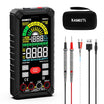

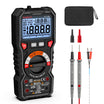
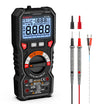
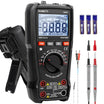
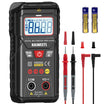
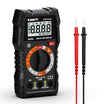
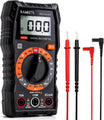
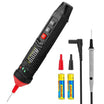
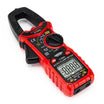
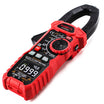
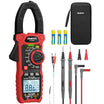
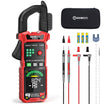
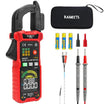
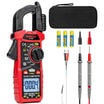

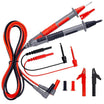
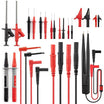



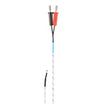
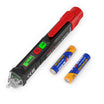
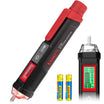
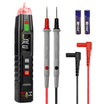
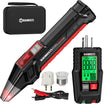
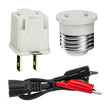
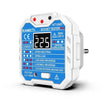
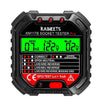
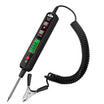
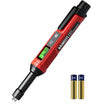


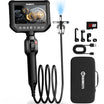
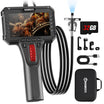

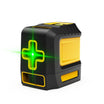
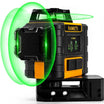
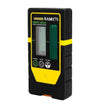
















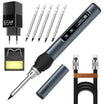
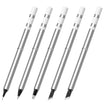

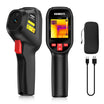
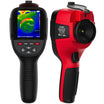
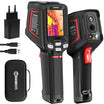
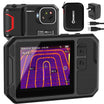
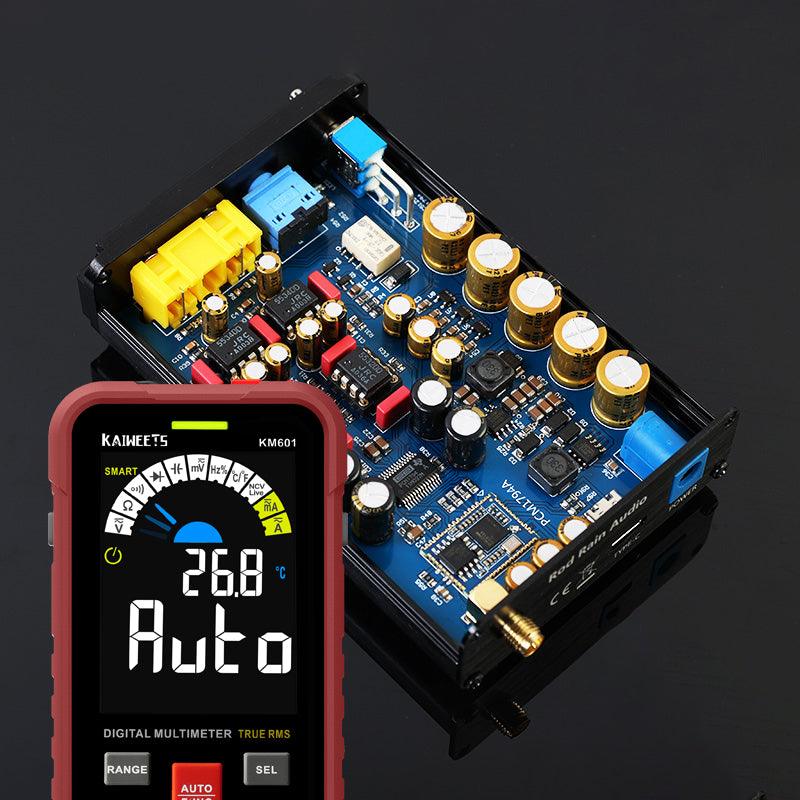
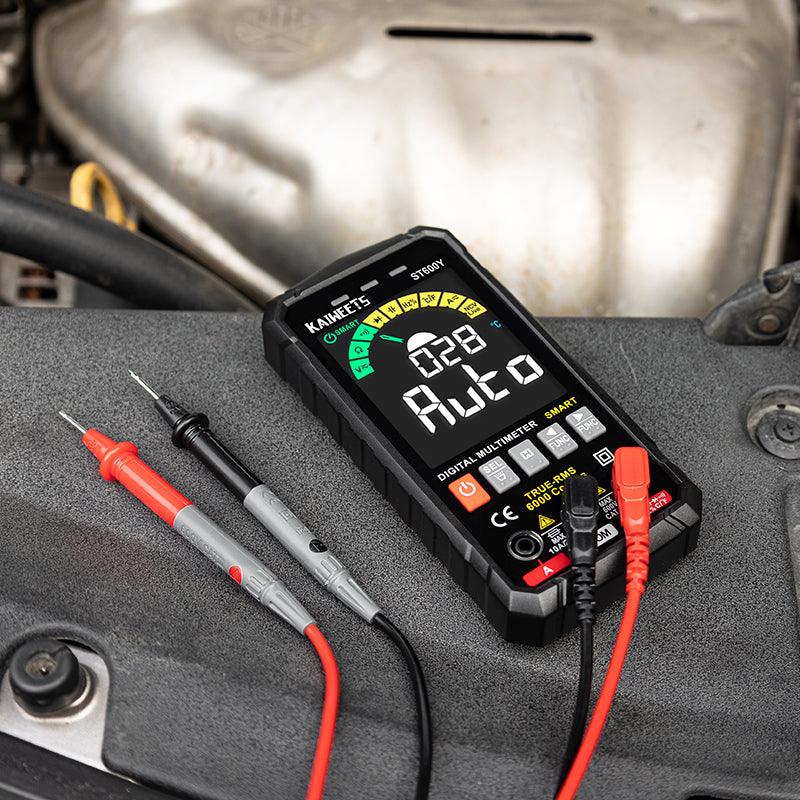

Commenta
Nota che i commenti devono essere approvati prima di essere pubblicati.
Questo sito è protetto da hCaptcha e applica le Norme sulla privacy e i Termini di servizio di hCaptcha.